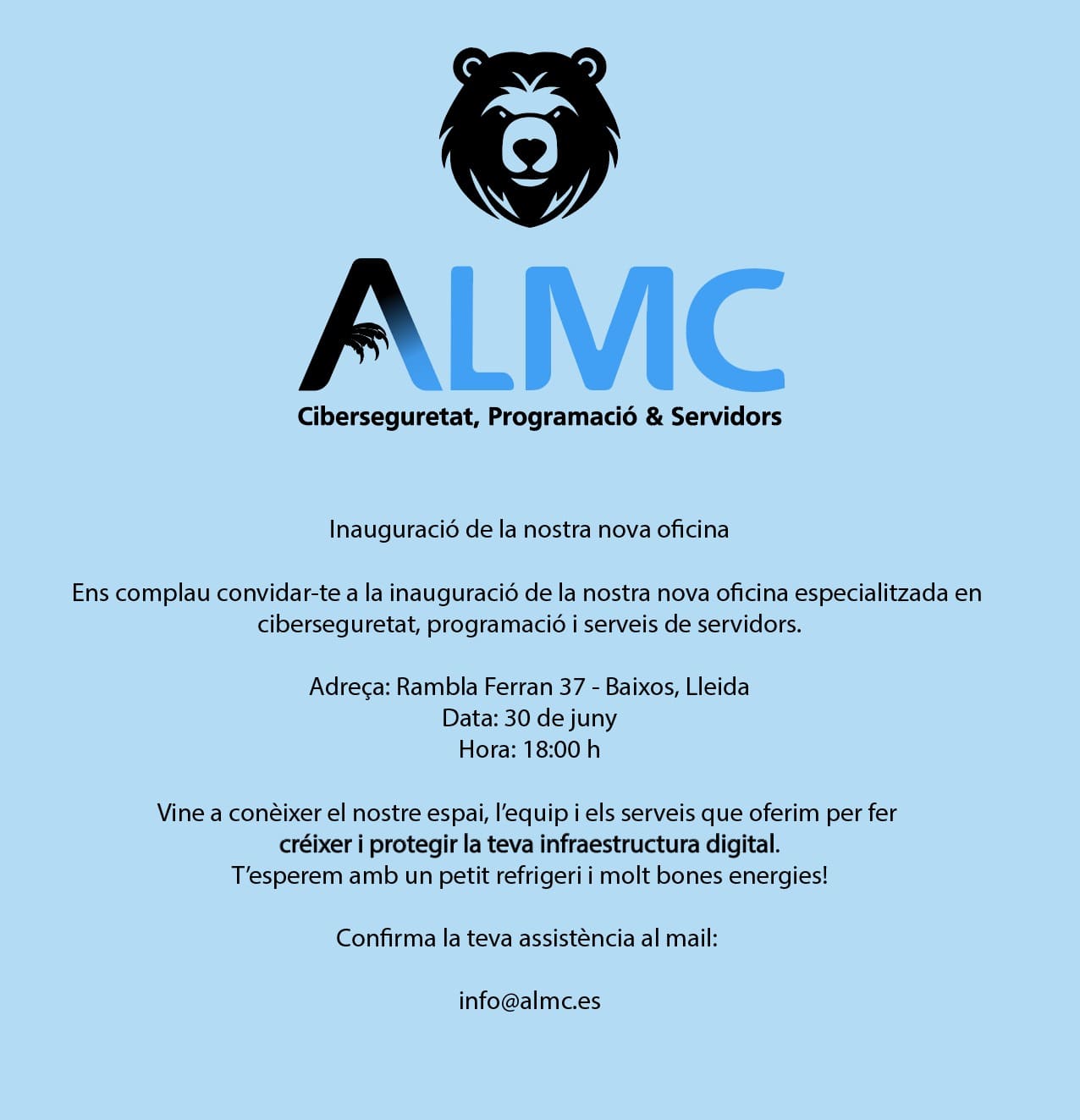English | 日本語 | README
DateTime MCP Server
A Model Context Protocol (MCP) server that provides tools to get the current date and time in various formats. This is a Python implementation of the datetime MCP server, demonstrating how to build MCP servers using the Python SDK.
Features
- Get current date and time in multiple formats (ISO, Unix timestamp, human-readable, etc.)
- Configurable output format via environment variables
- Timezone support
- Custom date format support
- Simple tool:
get_current_time
Usage
Choose one of these examples based on your needs:
Basic usage (ISO format):
{ "mcpServers": { "datetime": { "command": "uvx", "args": ["takanarishimbo-datetime-mcp-server"] } } }
Human-readable format with timezone:
{ "mcpServers": { "datetime": { "command": "uvx", "args": ["takanarishimbo-datetime-mcp-server"], "env": { "DATETIME_FORMAT": "human", "TIMEZONE": "America/New_York" } } } }
Unix timestamp format:
{ "mcpServers": { "datetime": { "command": "uvx", "args": ["takanarishimbo-datetime-mcp-server"], "env": { "DATETIME_FORMAT": "unix", "TIMEZONE": "UTC" } } } }
Custom format:
{ "mcpServers": { "datetime": { "command": "uvx", "args": ["takanarishimbo-datetime-mcp-server"], "env": { "DATETIME_FORMAT": "custom", "DATE_FORMAT_STRING": "%Y/%m/%d %H:%M", "TIMEZONE": "Asia/Tokyo" } } } }
Configuration
The server can be configured using environment variables:
DATETIME_FORMAT
Controls the default output format of the datetime (default: "iso")
Supported formats:
iso: ISO 8601 format (2024-01-01T12:00:00.000000+00:00)unix: Unix timestamp in secondsunix_ms: Unix timestamp in millisecondshuman: Human-readable format (Mon, Jan 1, 2024 12:00:00 PM UTC)date: Date only (2024-01-01)time: Time only (12:00:00)custom: Custom format using DATE_FORMAT_STRING environment variable
DATE_FORMAT_STRING
Custom date format string (only used when DATETIME_FORMAT="custom") Default: "%Y-%m-%d %H:%M:%S"
Uses Python's strftime format codes:
%Y: 4-digit year%y: 2-digit year%m: 2-digit month%d: 2-digit day%H: 2-digit hour (24-hour)%M: 2-digit minute%S: 2-digit second
TIMEZONE
Timezone to use (default: "UTC") Examples: "UTC", "America/New_York", "Asia/Tokyo"
Available Tools
get_current_time
Get the current date and time
Parameters:
format(optional): Output format, overrides DATETIME_FORMAT env vartimezone(optional): Timezone to use, overrides TIMEZONE env var
Development
- Clone this repository
git clone https://github.com/TakanariShimbo/uvx-datetime-mcp-server.git
cd uvx-datetime-mcp-server - Install dependencies using uv
uv sync - Run the server
uv run takanarishimbo-datetime-mcp-server - Test with MCP Inspector (optional)
npx @modelcontextprotocol/inspector uv run takanarishimbo-datetime-mcp-server
Publishing to PyPI
This project uses PyPI's Trusted Publishers feature for secure, token-less publishing via GitHub Actions.
1. Configure PyPI Trusted Publisher
- Log in to PyPI (create account if needed)
- Go to https://pypi.org/
- Navigate to Publishing Settings
- Go to your account settings
- Click on "Publishing" or go to https://pypi.org/manage/account/publishing/
- Add GitHub Publisher
- Click "Add a new publisher"
- Select "GitHub" as the publisher
- Fill in:
* Owner:TakanariShimbo(your GitHub username/org)
* Repository:uvx-datetime-mcp-server
* Workflow name:pypi-publish.yml
* Environment:pypi(optional but recommended) - Click "Add"
2. Configure GitHub Environment (Recommended)
- Navigate to Repository Settings
- Go to your GitHub repository
- Click "Settings" → "Environments"
- Create PyPI Environment
- Click "New environment"
- Name:
pypi - Configure protection rules (optional):
* Add required reviewers
* Restrict to specific branches/tags
3. Setup GitHub Personal Access Token (for release script)
The release script needs to push to GitHub, so you'll need a GitHub token:
- Create GitHub Personal Access Token
- Go to https://github.com/settings/tokens
- Click "Generate new token" → "Generate new token (classic)"
- Set expiration (recommended: 90 days or custom)
- Select scopes:
* ✅repo(Full control of private repositories) - Click "Generate token"
- Copy the generated token (starts with
ghp_)
- Configure Git with Token
Option 1: Use GitHub CLI (recommended)
gh auth login
Option 2: Configure git to use token
git config --global credential.helper store
Then when prompted for password, use your token instead
4. Release New Version
Use the release script to automatically version, tag, and trigger publishing:
First time setup
chmod +x scripts/release.sh
Increment patch version (0.1.0 → 0.1.1)
./scripts/release.sh patch
Increment minor version (0.1.0 → 0.2.0)
./scripts/release.sh minor
Increment major version (0.1.0 → 1.0.0)
./scripts/release.sh major
Set specific version
./scripts/release.sh 1.2.3
5. Verify Publication
- Check GitHub Actions
- Go to "Actions" tab in your repository
- Verify the "Publish to PyPI" workflow completed successfully
- Verify PyPI Package
- Visit: https://pypi.org/project/takanarishimbo-datetime-mcp-server/
- Or run:
pip show takanarishimbo-datetime-mcp-server
Release Process Flow
release.shscript updates version in all files- Creates git commit and tag
- Pushes to GitHub
- GitHub Actions workflow triggers on new tag
- Workflow uses OIDC to authenticate with PyPI (no tokens needed!)
- Workflow builds project and publishes to PyPI
- Package becomes available globally via
pip installoruvx
Code Quality
This project uses ruff for linting and formatting:
Run linter
uv run ruff check
Fix linting issues
uv run ruff check --fix
Format code
uv run ruff format
Project Structure
uvx-datetime-mcp-server/
├── src/
│ ├── __init__.py # Package initialization
│ ├── __main__.py # Main entry point
│ └── server.py # Server implementation
├── pyproject.toml # Project configuration
├── uv.lock # Dependency lock file
├── .github/
│ └── workflows/
│ └── pypi-publish.yml # PyPI publish workflow with Trusted Publishers
├── scripts/
│ └── release.sh # Release automation script
├── docs/
│ ├── README.md # This file
│ └── README_ja.md # Japanese documentation
└── .gitignore # Git ignore file
License
MIT




